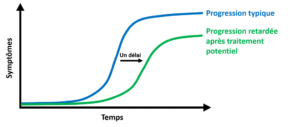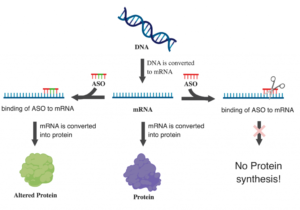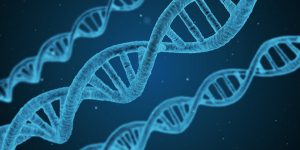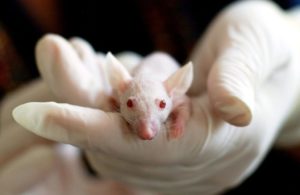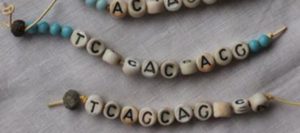
Snapshot: What are single nucleotide polymorphisms (SNPs)?
It’s in our DNA If you were to unravel the tightly wound packages of our genome known as chromosomes, you would find long strings of DNA. The strings are made up of only four different building blocks, compounds abbreviated as adenine (A), thymine (T), guanine (G) and cytosine (C). Picture Read More…


